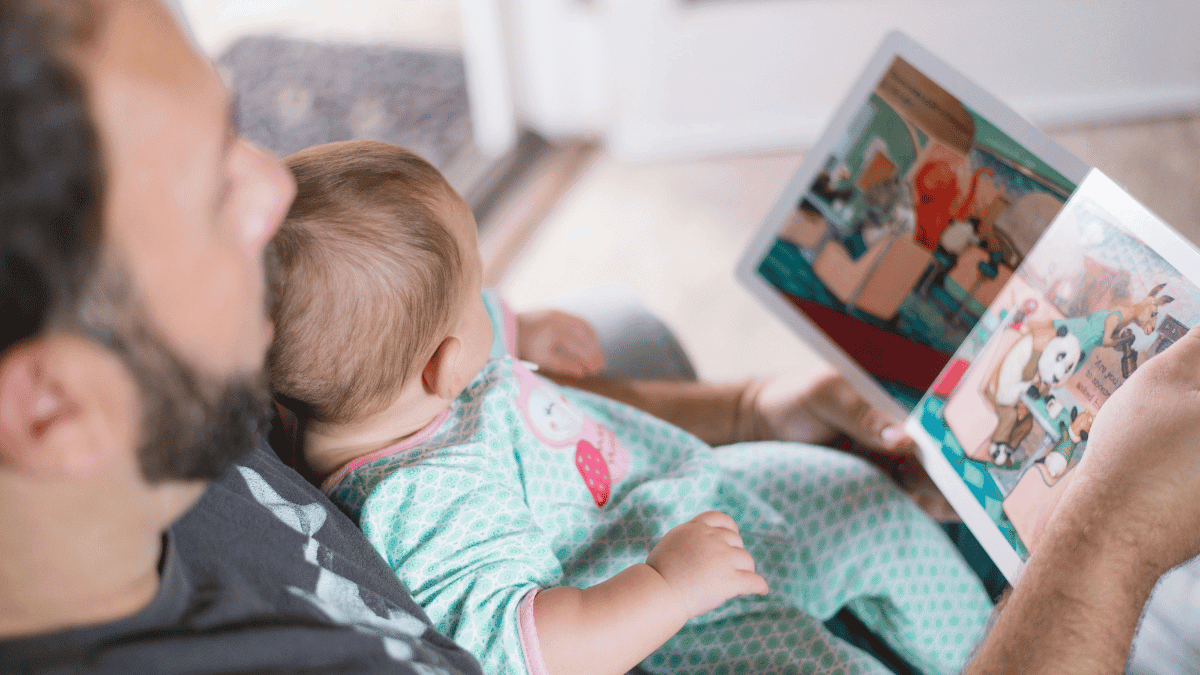How can I sleep train when I live in a shared space or in an apartment/condo/close quarters?
Since 2015, I’ve worked in-home with families living in a variety of scenarios. Sometimes it’s a single-family home, other times it’s shared accommodations (often coming with varying opinions from well-meaning relatives).
In my own motherhood journey, I had to sleep train in a small apartment with an opinionated neighbour to the side and our superintendent living above us. I remember feeling nervous and embarrassed when we finally started sleep training. After all, for 9 months I had been instantly tending to baby upon every waking and so he wouldn’t make any noise during the night. When we decided to sleep train, I knew that meant he would be awake (and likely upset), which could potentially disrupt the neighbours. It can feel like a tough position to be in – either go on with sleepless nights or pull the rug out from under everyone. I remember feeling especially worried about the super living above us, because he had two young kids.
Even if you live in close quarters, it’s well worth the temporary disruption to get better sleep.
Confidently make sleep a priority, even if that feels uncomfortable for a short period. Our online program will show you how.

Create a sleep space for your baby – that can be in your room, in a closet, hallway or even in their own room. Make the space dark, cozy and safe. You don’t need much – only a safe sleeping surface that is relatively close by. It also helps to darken the area and add some white noise. I’ve found that many of our clients will dedicate a corner/nook in a bedroom or a space right beside the parents bed for baby.
If you’re sharing a living space with others, tell them (don’t ask), that you plan to go through sleep training and they can expect the following:
-
- An earlier bedtime/mealtime for baby to accommodate the bedtime
- patience and understanding that this can be loud + emotional
- more disruptions in the night – because baby may stay awake longer than before as they learn to fall asleep in their new way
- recommend they use white noise, ear plugs or a fan to help block out the noise they may hear.
- Have your plan ready and in place so you can confidently dive in
- If you’re sharing a home with extended family who helps with baby, tell them your plan and include them so they understand that we need all hands on deck. If you need help with this conversation, we are here to help.
Create a sleep space for your baby – that can be in your room, in a closet, hallway or even in their own room. Make the space dark, cozy and safe.
If you’re feeling really friendly (and depending on the dynamic you have with your neighbours), give them a heads up that there could be more noise than usual, but that it’ll be short term.
We help families navigate sleep training complexities – including tricky dynamics and varying opinions. If you aren’t sure how to prepare yourself for sleep training, we offer customized sleep plans. Book here if you need help.

